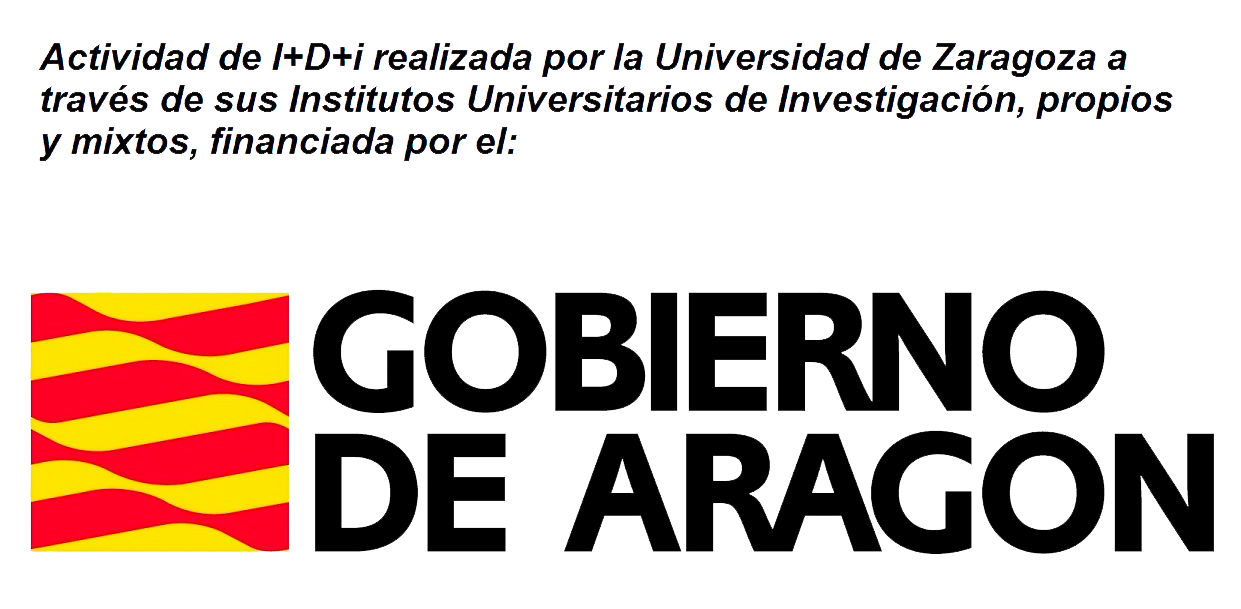Sandra Arroyo Urea
Centre: Dpto. Bioquímica/IUI BIFI
Institution: University of Zaragoza, Zaragoza (España)
Position: PhD Student
E-mail: sarroyo@unizar.es
Phone: 976762989
Profile: Ver
Personal statement
I completed a degree in Biochemistry (University of Granada, 2015-19) and a master’s degree in Molecular Biomedicine (Autonomous University of Madrid, 2019-20), with the aim of focusing my professional project towards biomedicine and molecular biology. With my Bachelor’s Thesis (TFG), I began my research career, obtaining my first scientific publication (GLIA, 2020), and continued with a JAE Intro scholarship at the Cajal Institute (2019). In 2020, I obtained a DGA scholarship to carry out my doctoral thesis at BIFI within Javier García Nafría’s group, with the aim of studying drug modulation and oligomerization of dopaminergic receptors, whose deregulation is associated with different neurological diseases. In addition, during my thesis I spent three months at the Francis Crick Institute (London, UK) to study the oligomerization of these receptors in their native environment, learning the technique of cryo-electron tomography. I am currently finishing my thesis.
Researcher profile identity
Currently, I am a R1 researcher. I am part of the Signal Transduction and Membrane Protein Therapies group, led by Javier García Nafría, where I am completing my doctoral thesis. This thesis focuses on the structural and functional study of the interaction between drugs and dopamine receptors, in order to deepen the understanding of the molecular mechanisms underlying the action of drugs on these receptors. In addition, the study of their oligomerization and its impact on their function is also pursued. This will not only allow a better understanding of the physiology of these receptors but may also contribute to the development of new therapeutic strategies. To do so, a series of techniques are used, including protein purification, single particle cryo-electron microscopy and functional assays in cell culture.
Why my research is important
Dopamine receptors are one of the main therapeutic targets for a multitude of diseases, especially those of the central nervous system, such as Parkinson’s disease, schizophrenia or bipolar disorder, among others. Despite their importance, currently available drugs are highly promiscuous, interacting with multiple receptors and activating unwanted signaling pathways, leading to the appearance of side effects. Detailed knowledge of the structural and functional bases of selective ligands (usually obtained through trial and error) for these receptors and their specific signaling pathways is essential to achieve a rational development of improved, more selective and effective drugs. Recently, we have published a study describing the binding of a selective ligand to dopamine receptor 3, showing a new site of selectivity that can be exploited for the development of improved drugs (NatComms, 2024).
Know more about me and my research
– https://bifi.es/biophysics/
– https://sites.google.com/view/signal-transduction-lab/homepage
– https://sites.google.com/view/neuromol/home?authuser=0
– https://www.linkedin.com/in/sandra-arroyo-urea-86a780193/?originalSubdomain=es
– https://x.com/sandrarrour










